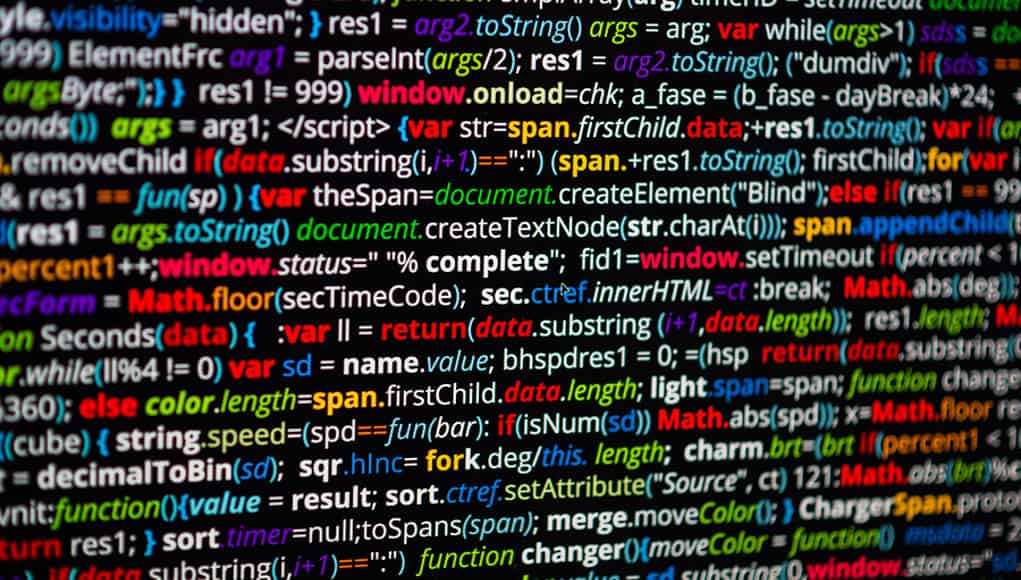
Empowering Educators: Coding Resources for Teachers
In the ever-evolving landscape of education, one skill stands out as increasingly essential: coding. As we prepare our students for a future dominated by technology, it is vital for educators to have the tools and resources they need to teach this valuable skill. Fortunately, there is a wealth of coding resources available specifically designed for teachers to empower their students and enhance their classroom experiences.
The Basics: Getting Started with Coding Tools
For educators new to the world of coding, diving in can seem daunting. However, many resources exist to ease this transition. Platforms like Scratch and Blockly offer intuitive interfaces that make learning to code accessible and fun for both teachers and students alike. These tools provide a solid foundation in programming concepts through interactive, block-based coding.
Curriculum Integration: Seamlessly Incorporating Coding into Lessons
One of the challenges teachers face when introducing coding is integrating it into existing lesson plans. This is where resources such as Code.org and CS Unplugged shine. Code.org offers a comprehensive curriculum with lessons, activities, and tutorials suitable for all grade levels. Meanwhile, CS Unplugged provides innovative, hands-on activities that teach coding principles without the need for a computer. These resources make it easy for teachers to weave coding into various subjects, from math to science to language arts.
Professional Development: Growing as a Coding Educator
Continual learning is key to effective teaching, especially when it comes to a subject as dynamic as coding. Websites like Edutopia and TeachCS are invaluable for educators seeking to expand their knowledge and skills. Edutopia offers articles, videos, and online courses on integrating technology into the classroom, including coding. On the other hand, TeachCS provides professional development opportunities specifically tailored to coding educators, equipping them with the latest teaching strategies and best practices.
Coding Communities: Finding Support and Inspiration
Teaching can sometimes feel like a solitary endeavor, but it doesn’t have to be. Online communities such as Teachers Who Code and Codecademy for Educators offer a sense of camaraderie and support. Teachers Who Code provides a platform for educators to share ideas, resources, and success stories related to teaching coding. Similarly, Codecademy for Educators offers specialized resources and tools designed to help teachers effectively implement coding into their classrooms.
Gamification: Making Learning Fun with Coding Games
Engaging students in learning can be challenging, but coding games can be a game-changer. Platforms like CodeCombat and Tynker provide interactive, game-based learning experiences that teach coding concepts in a fun and engaging way. These resources allow teachers to tap into their students’ natural curiosity and love for gaming while fostering essential coding skills.
Real-World Applications: Showing the Relevance of Coding
To truly inspire students, it’s important to show them the real-world applications of coding. Resources such as Made with Code and Coding in the Classroom offer insights into how coding is used in various industries. Made with Code showcases projects created with code, from fashion to music to art, demonstrating the limitless possibilities of coding. Meanwhile, Coding in the Classroom provides case studies and examples of how educators have successfully integrated coding into their teaching, inspiring others to do the same.
Differentiated Learning: Meeting Students Where They Are
Every student learns differently, and coding resources should reflect this diversity. Tools like Khan Academy and Coding Dojo offer personalized learning experiences that cater to individual student needs. Khan Academy provides free, self-paced coding courses that allow students to learn at their own speed. On the other hand, Coding Dojo offers bootcamps and workshops that can be tailored to specific skill levels, ensuring that all students have the opportunity to excel.
Building a Coding Culture: Creating a Supportive Environment
Lastly, building a coding culture within the school can have a lasting impact on students’ interest and engagement. Resources such as Bitsbox and Code Club provide materials and guidance for starting coding clubs or after-school programs. These initiatives not only reinforce coding skills but also foster a sense of community and collaboration among students. By creating a supportive environment where coding is celebrated, educators can empower their students to become confident, creative problem solvers.
In conclusion, the world of coding offers endless opportunities for both educators and students alike. With the right tools, resources, and support, teachers can confidently navigate this exciting field, equipping their students with the skills they need to thrive in the digital age. From integrating coding into existing curricula to fostering a culture of creativity and innovation, the possibilities are limitless. Embrace the journey of coding education and empower the next generation of tech-savvy innovators! Read more about coding resources for teachers




